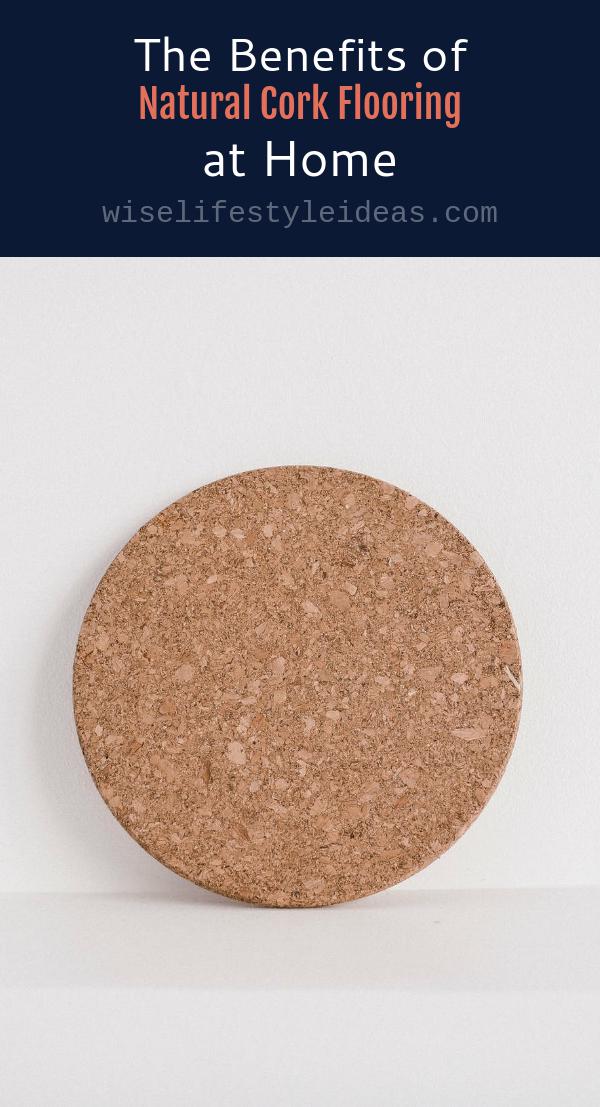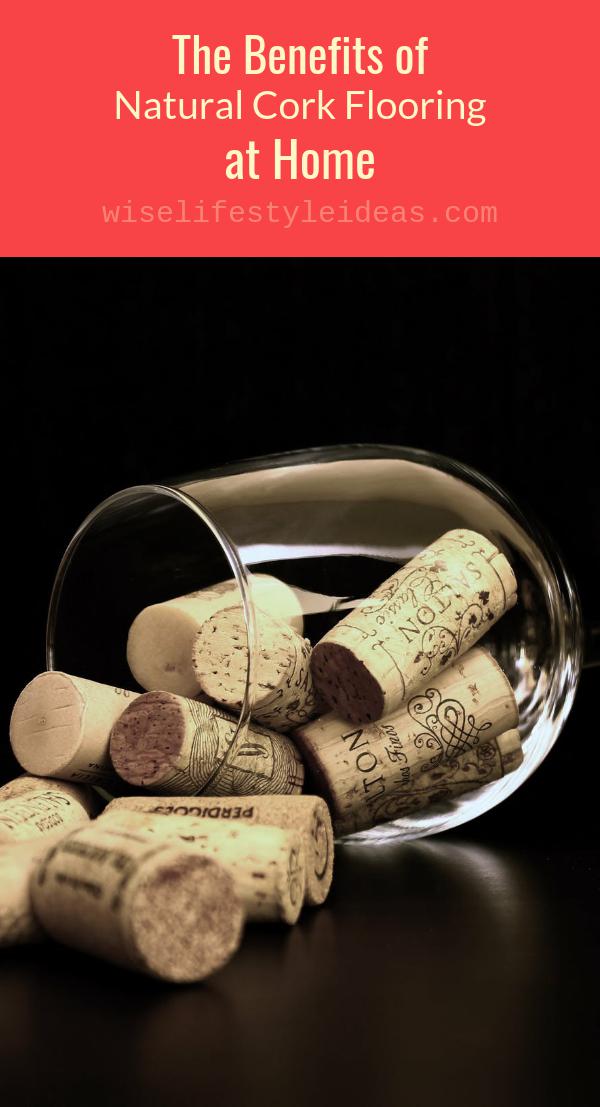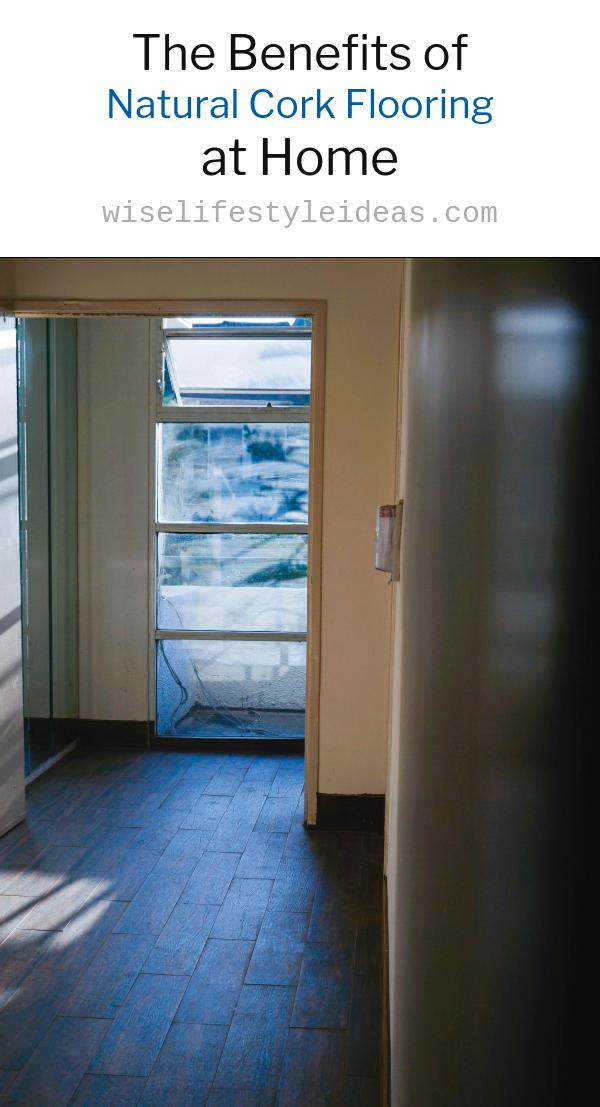While many negatively think that natural cork flooring isn’t the best flooring choice, innate properties of cork do make it an outstanding preference in meeting other situations.
For starters, corks are highly resistant to liquid penetration since its cellular molecular structure is way too tight for water molecules to pass through. And since cork is a bark extract, it naturally has a resin element that aids in resisting moisture. In fact, corks are used to plug leaks and holes on the hull of barges and carracks in event of a storm during ocean voyages where ship repairs were being done hastily at the open seas. And of course, they do seal wine bottles better for centuries than any other element. Cork also has a non-slippery surface, even with a smoothened surface. That makes natural cork flooring highly recommendable flooring for wash areas and bathrooms or any other areas that deal with volumes of water.

Since its characteristic of tight molecular structure with a bit of elasticity, corks not only prevent water from passing through but also air and that makes natural cork flooring good mufflers. And it absorbs shock rather well. So in an event when you have a noisy neighbor downstairs, try muffling some of the noise down by installing natural cork flooring.
Having a low thermal conductivity makes cork an ideal heat conductor. It remains warm even when temperature gets zero degrees and remains cool when the temperature heats up. Consequently, there would be lesser utility bills since heaters won’t be burdened with so much use.

It is important to remember though that corks are natural products. They also age, like any other wood, and they get discolored over time, though some rather like the looks of an aged cork floor giving it a rustic look. Corks will be ruined under direct sunlight as the sun will generally make it brittle. Corks have tiny pockets of air, that’s why they are so supple, but they do tend to “burst” especially under too heavy machinery. And though corks are naturally water-resistant, cork does tend to swell as water could invade those parts that aren’t sealed, such as the edges.
Natural cork floorings have a nice feel and an appealing look. It comes with a wide range of colors, from its familiar honey tones to green, red, chocolate, and black. And most natural cork floorings are treated with chemicals to further its durability, giving it a nonporous skin making cleaning easier. The fact that it is used as wine stoppers should suggest cork as having hypoallergenic properties.




